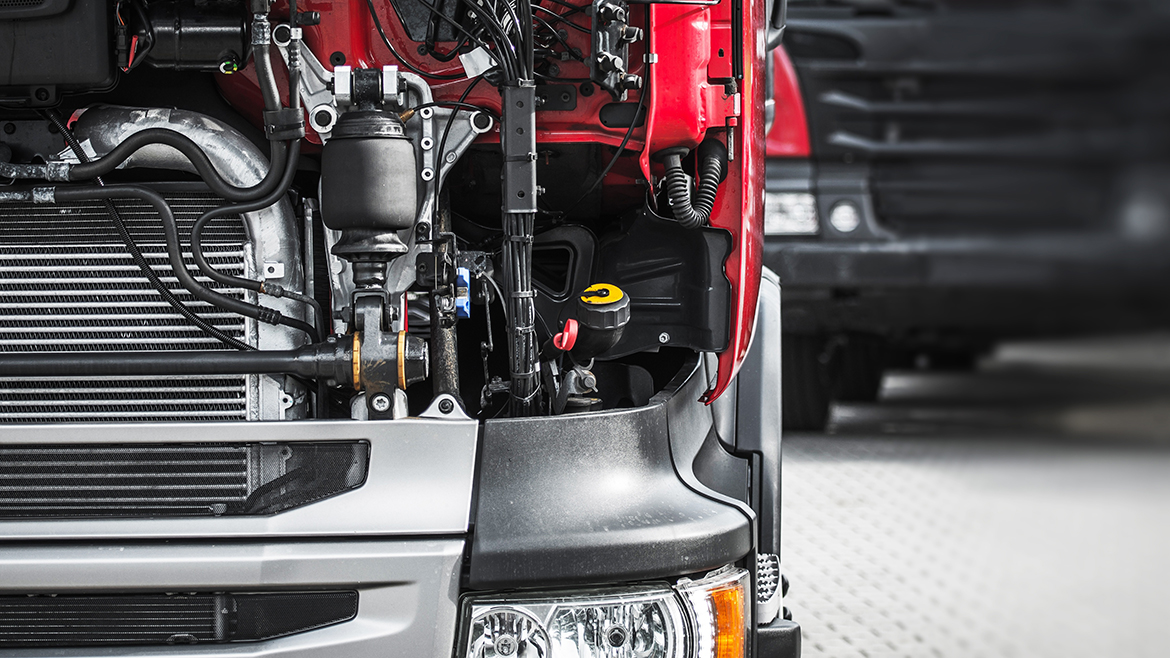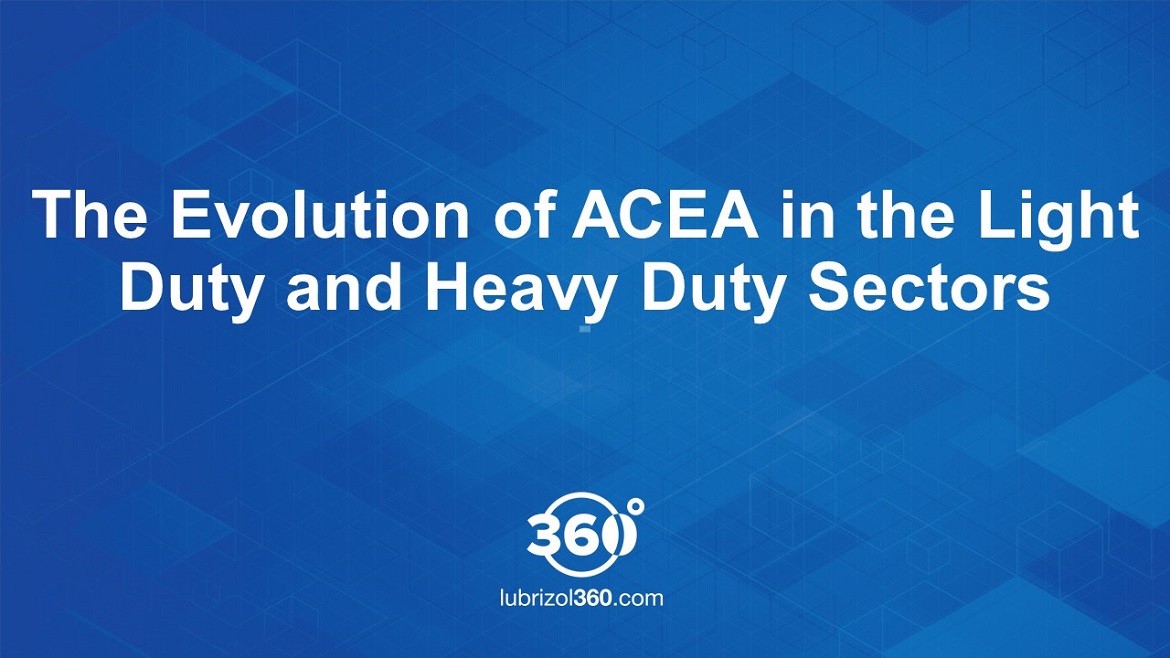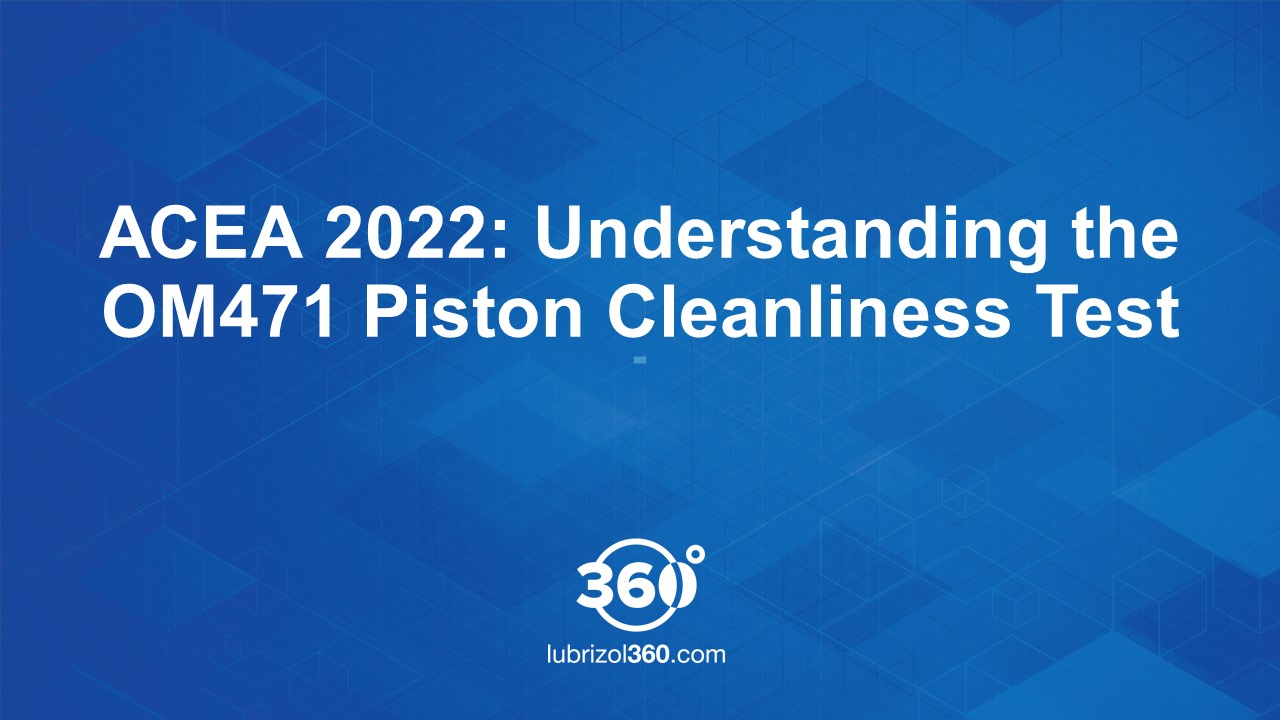OEMs need robust, durable, high-performance lubricants to enable modern engine hardware—it’s how federally mandated fuel economy limits can be reached.
General Motors’ (GM) proprietary dexos1™ specification for gasoline engines is entering its second generation, and this new spec (dexos1™: 2015) is reflective of the global market shift toward higher performance lubricants and fuel economy in passenger cars. Setting stricter limits than some common industry standards, dexos1 demands fuel economy gains without sacrificing performance and durability.
In order to help ensure our customers’ success under second generation dexos1, Lubrizol has closely monitored the new specification’s development and the biggest formulation challenges it poses. Here’s a brief overview of the most pressing “need to know” items around second generation dexos1:
dexos1 is a global specification Through development of its own proprietary specification, GM is effectively harmonizing several global markets in which it participates. Dexos1 is a way of ensuring that regardless of where GM vehicles are serviced, those vehicles receive the same high-quality oils to maximize performance.
Second Generation dexos1 helps enable modern hardware It can’t be stressed enough that modern, fuel efficient gasoline engines require higher-performance lubricants to reach peak efficiency. Gasoline direct injection (GDI) and turbocharged GDI (TGDI) engines run hotter, increasing stress for lubricants. The second generation dexos1 will certify peak performance, higher than that of many lubricants currently on the market.
dexos1 will require widespread reformulation to meet heightened performance standards In order to achieve certification under the new specification, oil marketers must undergo all new testing procedures; no existing performance data will carry over. Consider that the new tests in dexos1 will require much higher limits, and reformulation for many currently certified dexos1 oils will be required industry-wide.
Part of the potential need for reformulation comes from several new engine tests specific to the second generation dexos1 specification. These include:
- Stochastic pre-ignition (SPI) test: Setting stricter limits than the comparable test incorporated with the proposed GF-6 specification (called the LSPI Test), the new dexos1 test ensures lubricants can mitigate SPI, a problem encountered in TGDI engines.
- New European Drive Cycle (NEDC) fuel economy test: Measures fuel economy via chassis-dynamometer across several engine platforms, ensuring the desired fuel economy benefits across many GM vehicles
- Turbocharger deposit test: Ensures a lubricant will not succumb to deposit buildup under the intense temperatures inherent to turbochargers—critical to maximum fuel economy gains.
- GM Oxidation (GMOD) test: A new test to evaluate a lubricant’s resistance to oxidation, a condition that can compromise fuel economy and protective benefits. Lubrizol has installed the GMOD test stand at its testing facilities.
Additional tests ensuring no compromise for durability and cleanliness for deoxs1 certified oils.
Mandatory transition to the new dexos1 specification is expected in August 2016, with current dexos1 certification expiring at that time. Lubrizol urges its customers seeking certification under the second generation dexos1 specification to evaluate the licensing status of current product lines and how they may be challenged to reformulate with new additive chemistry.
The second generation dexos1 keeps a driving focus on fuel economy—performance standards that Lubrizol is uniquely positioned to help its customers meet with advanced additive packages. From identifying needs to meeting them with sophisticated formulation expertise, Lubrizol works with its customers to achieve Success Together through unparalleled market expertise, testing capabilities and independent strength.
To learn more about how Lubrizol can help with your reformulation needs in preparation for re-certification, contact your Lubrizol account manager.









